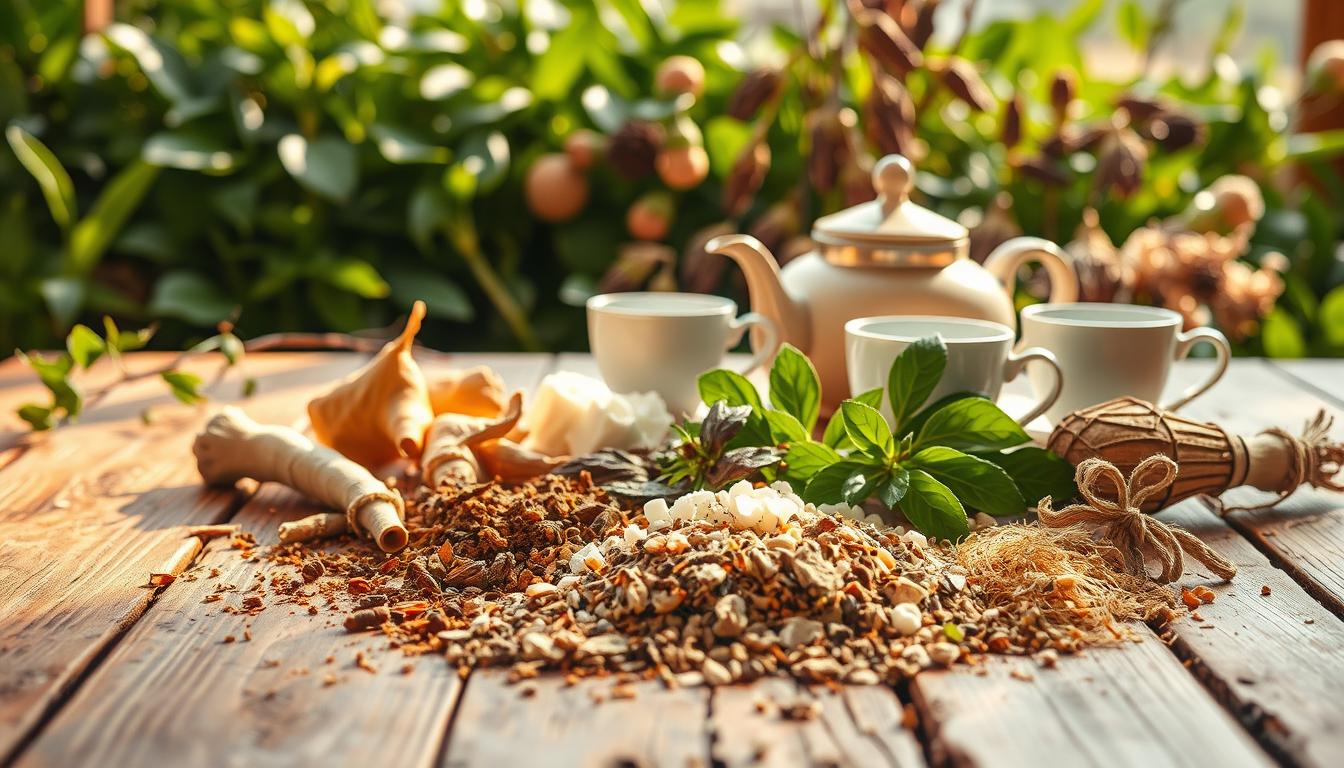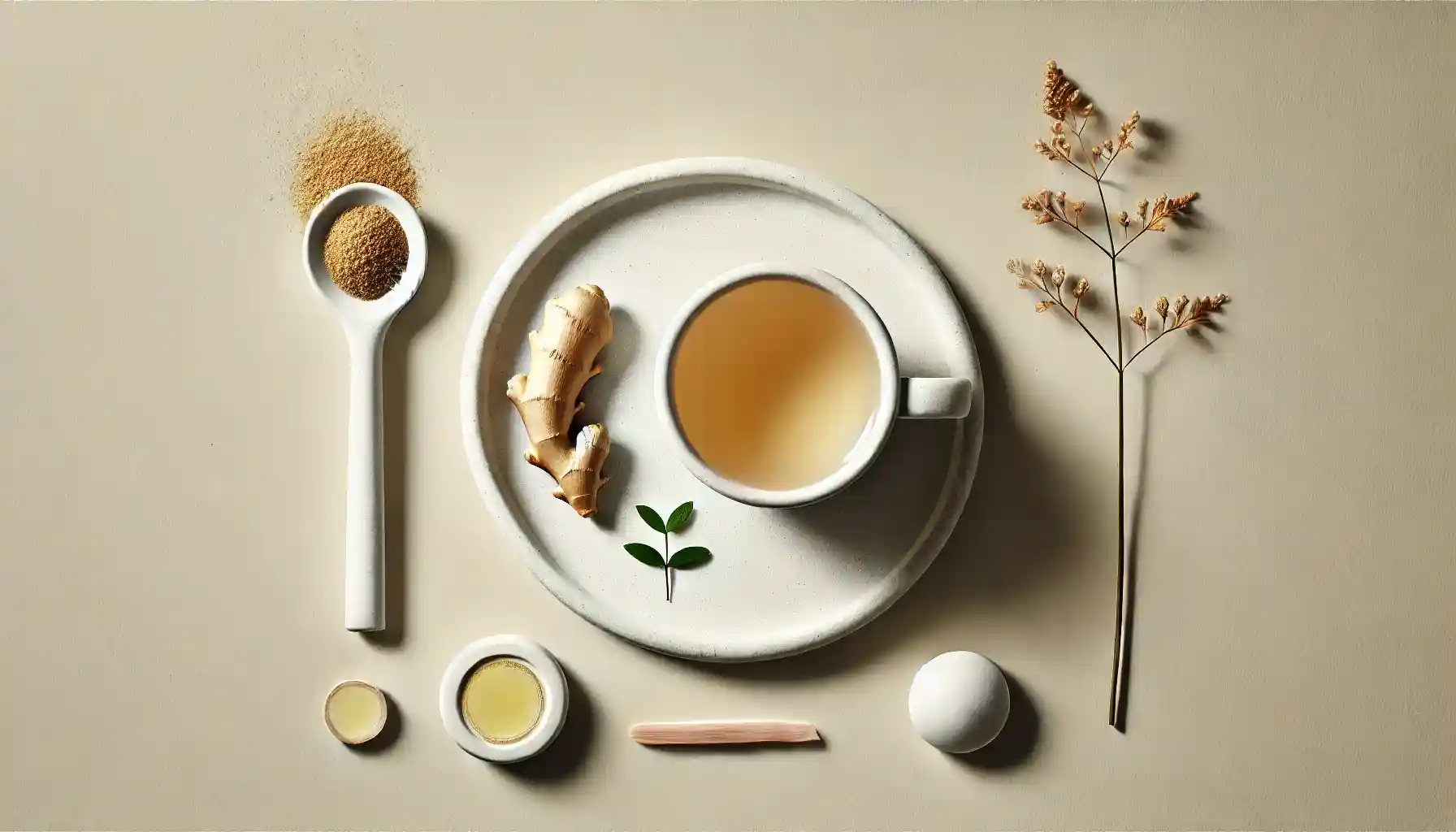Did you know that over 60% of pregnant women turn to herbal remedies for relief? Among these, herbal teas like Throat Coat have gained popularity. But with pregnancy comes caution, and understanding what goes into your body matters.
Herbal teas differ from regular teas. They often contain roots, leaves, and flowers with medicinal properties. Ingredients like licorice root and slippery elm are common in Throat Coat. While many find them soothing, their safety during pregnancy remains a topic of debate.
Communities like BabyCenter share mixed opinions. Some users report positive experiences, while others advise caution. Always remember, personal stories don’t replace medical advice. Consulting a doctor before trying any herbal product is essential.
This article dives into the details. We’ll explore the ingredients, community insights, and guidelines for safe consumption. Stay informed and make the best choices for your health and your baby’s well-being.
Key Takeaways
- Herbal teas like Throat Coat are popular among pregnant women.
- Ingredients such as licorice root and slippery elm need careful consideration.
- Community opinions vary, but medical advice should always come first.
- Consulting a doctor before use is crucial.
- This article provides detailed insights into safety and consumption.
Understanding Throat Coat Tea and Its Herbal Ingredients
With its unique blend of botanicals, Throat Coat Tea stands out among herbal remedies. This product is crafted to provide comfort and relief, making it a popular choice for those seeking natural solutions. Unlike traditional teas, it’s made from a mix of roots, leaves, and flowers, offering a caffeine-free alternative.

Overview of Throat Coat Tea
Throat Coat Tea is known for its soothing properties. It’s designed to ease discomfort and promote wellness. The blend includes carefully selected natural ingredients, each chosen for its traditional benefits. Steeping the blend in hot water releases its full potential, creating a warm and comforting drink.
Key Herbal Ingredients: Licorice Root, Slippery Elm, and More
Licorice root is a standout ingredient in this herbal tea. It’s been used for centuries to support health and soothe irritation. Slippery elm, another key component, is known for its mucilage content, which can provide a protective layer in the throat. Together, these ingredients create a powerful combination.
Other botanicals in the blend enhance its effectiveness. Each ingredient plays a role in delivering the product’s signature benefits. While these natural elements are appealing, it’s important to remember that they don’t automatically ensure safety. Always consult a doctor before use, especially during sensitive times.
Examining: Is Throat Coat Tea Safe for Pregnancy?
Many pregnant women wonder about the safety of herbal teas like Throat Coat. While these products are often marketed as natural remedies, their effects during pregnancy require careful consideration. This section explores community insights, scientific perspectives, and the role of dosage in determining safety.

Community Insights and Scientific Perspectives
Online forums like BabyCenter reveal mixed opinions. Some users report positive experiences, claiming the product helped ease discomfort. Others express concerns, citing warnings on labels about potential risks. These debates highlight the need for caution and further research.
Scientific studies add another layer to the discussion. Research suggests that ingredients like licorice root and slippery elm may have varying effects. For example, high doses of licorice root have been linked to adverse outcomes. This underscores the importance of moderation and professional guidance.
Interpreting Dosage and Ingredient Safety
The safety of herbal teas often depends on dosage and ingredient variability. Even natural products can pose risks if consumed in excess. For instance, slippery elm is generally considered safe, but its effects during pregnancy are not fully understood.
Here’s a quick summary of key points:
| Ingredient | Potential Effects | Recommendation |
|---|---|---|
| Licorice Root | High doses may impact health | Use sparingly |
| Slippery Elm | Generally safe, but limited data | Consult a doctor |
| Other Botanicals | Varies by ingredient | Research thoroughly |
Given the conflicting information, consulting a healthcare professional is essential. They can provide personalized advice based on your specific needs and circumstances. Stay informed and make decisions that prioritize both your health and your baby’s well-being.
Evaluating Health Safety and Consumption Guidelines
Pregnancy brings unique considerations when it comes to consuming herbal remedies. While many find comfort in natural products, understanding potential risks is essential. This section explores how certain ingredients might impact pregnancy and offers expert-backed guidelines for safe consumption.
Potential Risks and How They May Impact Pregnancy
Overconsumption of herbal teas can lead to complications. Ingredients like licorice root, for example, may affect uterine activity if taken in high doses. This could potentially influence fetal development or even trigger early labor.
Other components, while generally safe, lack sufficient research during pregnancy. Without clear data, it’s best to err on the side of caution. Monitoring intake and being aware of any unusual side effects is crucial.
Doctor and Expert Recommendations
Healthcare providers often advise limiting herbal tea consumption to one or two cups per day. This ensures moderation while still allowing expecting mothers to enjoy the benefits. Commercially prepared products are also recommended to avoid contaminants and inconsistent herb concentrations.
Experts emphasize the importance of consulting a doctor before trying any new remedy. Personalized advice can help address individual health needs and concerns.
Smart Consumption Practices for Expecting Mothers
Here are some practical tips for safely enjoying herbal teas:
- Stick to trusted brands with clear ingredient lists.
- Limit intake to avoid overexposure to potent ingredients.
- Pay attention to how your body responds and seek medical advice if needed.
- Consider alternatives like caffeine-free options for variety.
By following these guidelines, you can prioritize both your health and your baby’s well-being.
Conclusion
Herbal remedies, including teas, have become a go-to for many seeking natural comfort. When it comes to products like Throat Coat, community insights and scientific perspectives offer a balanced view. Ingredients like licorice root and slippery elm provide benefits, but dosage and quality matter greatly.
Always consult a healthcare provider before trying any herbal product. Their guidance ensures safety and addresses individual needs. While many find relief in these remedies, moderation and professional advice remain essential.
Use this information to make informed choices. Prioritize your health and your baby’s well-being. Herbal teas can be a comforting option, but careful consideration and expert input are key.

